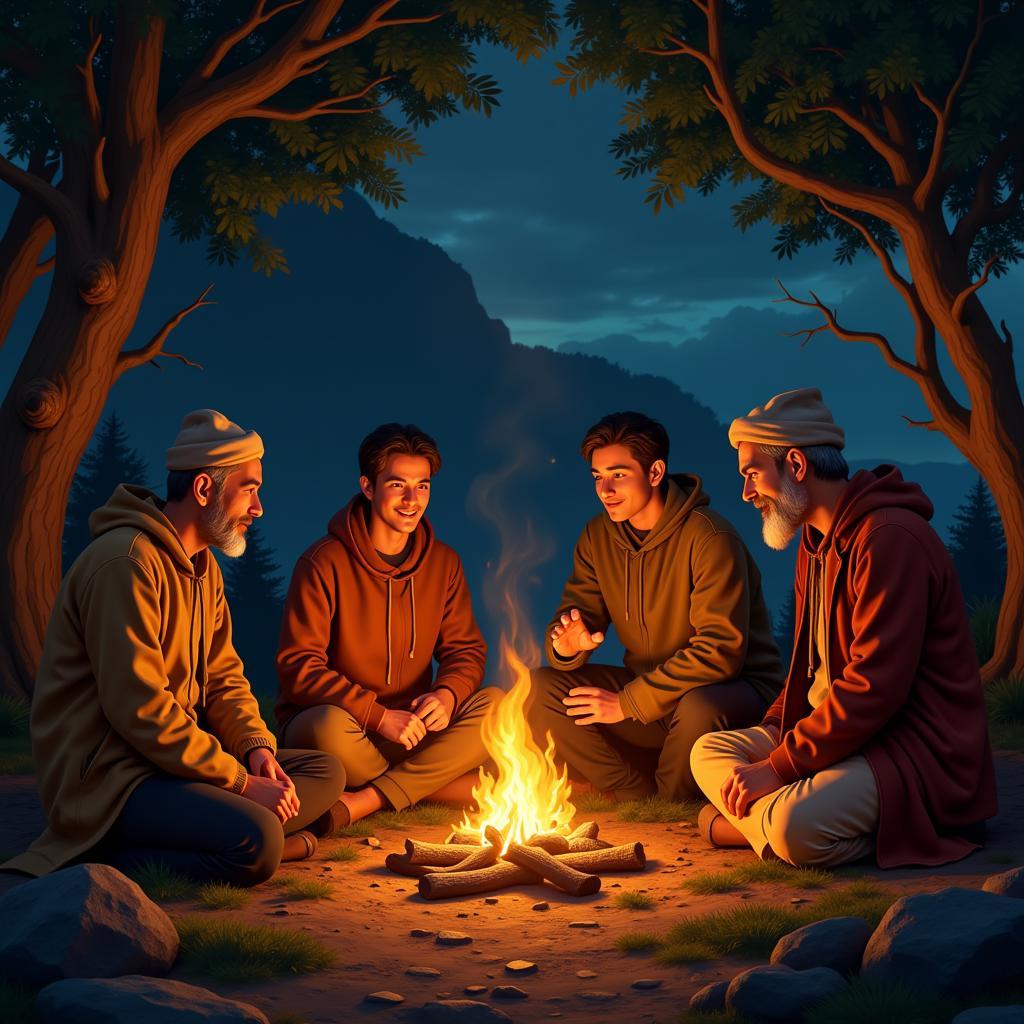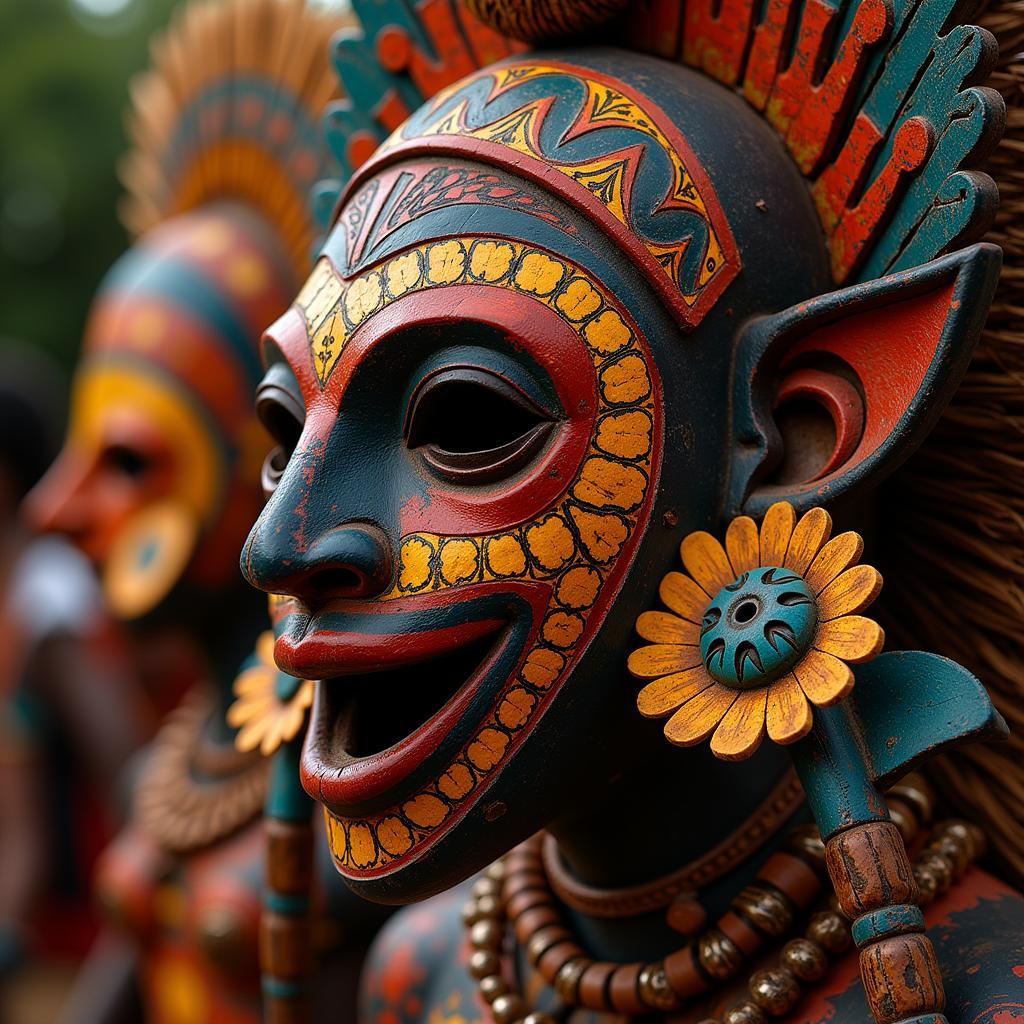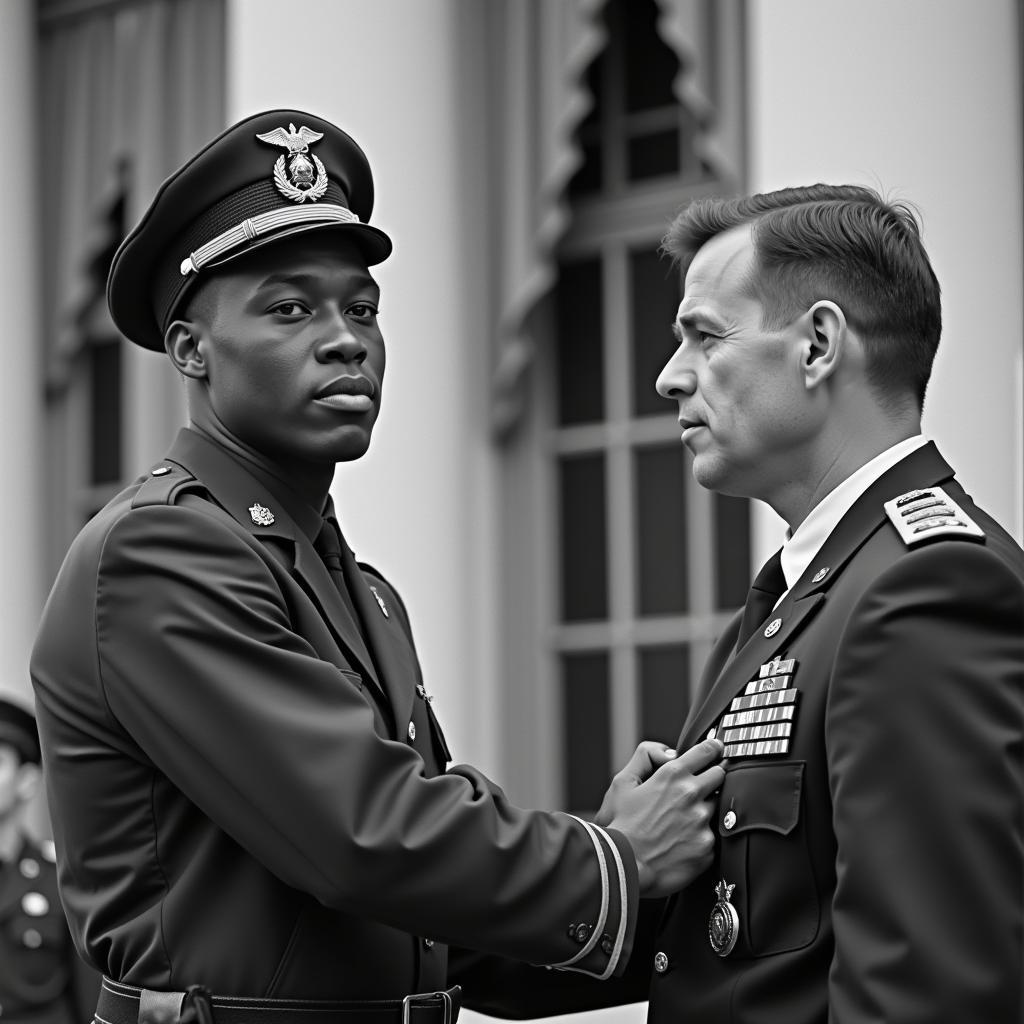African Customs and Traditions: Beliefs and Practices
Africa, a continent renowned for its diverse tapestry of cultures, is a melting pot of ancient customs and traditions. These beliefs and practices, passed down through generations, are deeply ingrained in the social fabric of African societies. From birth to death, rituals and ceremonies mark significant milestones, reflecting the continent’s rich heritage and spiritual connection to the land, ancestors, and the cosmos.
The Significance of Oral Traditions in Preserving African Customs
One cannot explore African customs and traditions without recognizing the pivotal role of oral traditions. Across the continent, stories, proverbs, songs, and genealogies have served as vessels of cultural memory, transmitting knowledge, values, and beliefs from one generation to the next. These oral traditions, often shared within families and communities, provide a sense of identity and continuity, connecting the present with the past.
 African Storytelling Tradition
African Storytelling Tradition
The Role of Ancestors in African Beliefs
Ancestral veneration is a cornerstone of many African cultures. Ancestors are believed to exist in a spiritual realm, maintaining a connection with the living and influencing their destinies. Offerings, libations, and rituals are performed to honor and appease ancestors, seeking their guidance, protection, and blessings. This belief system highlights the importance of lineage, respect for elders, and the interconnectedness between the physical and spiritual worlds.
Rites of Passage: Marking Life’s Transitions
Throughout Africa, rites of passage mark significant transitions in an individual’s life, signifying their evolving roles and responsibilities within the community. These ceremonies, often elaborate and symbolic, celebrate birth, adolescence, marriage, and death.
- Birth: In many African cultures, the arrival of a newborn is met with joyous celebrations and rituals aimed at ensuring the child’s well-being and integration into the community. Naming ceremonies, often involving the extended family, hold particular significance.
- Initiation: Puberty rites, particularly for boys and girls, are common in many African societies. These ceremonies often involve physical trials, seclusion, and instruction in cultural values, preparing them for adulthood and their future roles as responsible members of society.
- Marriage: Marriage, considered a union of families rather than just individuals, is celebrated through elaborate ceremonies that vary across the continent. These celebrations often involve the exchange of gifts, feasts, and rituals that symbolize the joining of two families.
- Death: Funerary rites in Africa are often elaborate, reflecting the belief in the afterlife and the importance of honoring the deceased. These ceremonies, which may last for days, involve mourning rituals, storytelling, feasting, and ultimately, celebrating the life and legacy of the departed.
African Art and Music: Expressions of Culture
African art and music are vibrant expressions of the continent’s cultural richness. From intricate sculptures and masks to colorful textiles and beadwork, African art often embodies spiritual significance, reflecting beliefs, values, and traditions. Similarly, music and dance play integral roles in African societies, accompanying rituals, ceremonies, storytelling, and everyday life.
 African Mask and Ritual Dance
African Mask and Ritual Dance
The Diversity of African Customs and Traditions
It is crucial to acknowledge that Africa is not a monolith. Within its 54 countries exists a breathtaking diversity of cultures, each with its own unique set of customs and traditions. While this article provides a general overview, it is essential to delve deeper into specific regions and ethnic groups to truly appreciate the nuances and complexities of African cultural heritage.
Conclusion
African customs and traditions, deeply rooted in the continent’s history and spiritual beliefs, continue to shape the lives of millions. From oral traditions and ancestral veneration to rites of passage and vibrant artistic expressions, these customs offer a glimpse into the soul of Africa – a continent where the past and present coexist, and traditions are honored and celebrated.
FAQs about African Customs and Traditions
1. What is the role of family in African culture?
Family is paramount in African societies. Extended family structures provide a strong support network, with elders holding respected positions.
2. How diverse are African religions?
Africa boasts a wide array of religions, including indigenous belief systems, Christianity, Islam, and Hinduism.
3. Are traditional African customs changing?
While modernization and globalization have impacted traditional practices, many communities strive to preserve their cultural heritage for future generations.
4. How can I learn more about a specific African culture?
Researching specific countries or ethnic groups, visiting museums, and engaging with cultural organizations are excellent ways to deepen your understanding.
5. Why is it important to learn about African customs and traditions?
Understanding diverse cultures fosters appreciation, respect, and breaks down stereotypes, contributing to a more inclusive global community.
Need Help Understanding African Cultures?
We are here to help! Contact us at +255768904061 or kaka.mag@gmail.com. You can also visit us in Mbarali DC Mawindi, Kangaga, Tanzania. Our team is available 24/7 to assist you.

